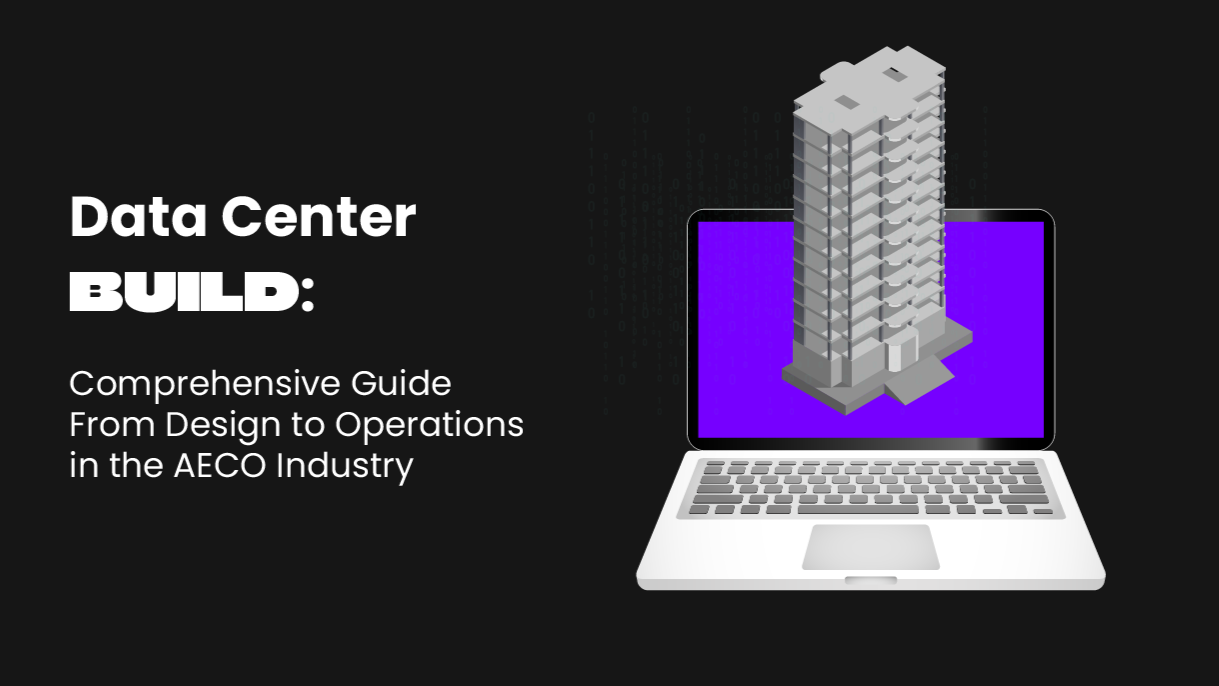As technologies continues to develop unstoppably, the Architecture, Engineering, Construction, and Operations (AECO) industry is experiencing transformative changes, especially in the realm of Building Information Modeling (BIM). At the forefront of these changes is Artificial Intelligence (AI), a powerful tool with the potential to revolutionize how BIM professionals work. The integration of AI into BIM processes is sparking intense debate and speculation about the future of the industry, raising critical questions: Will AI dominate the BIM world? What will the role of BIM professionals look like in the near future?



